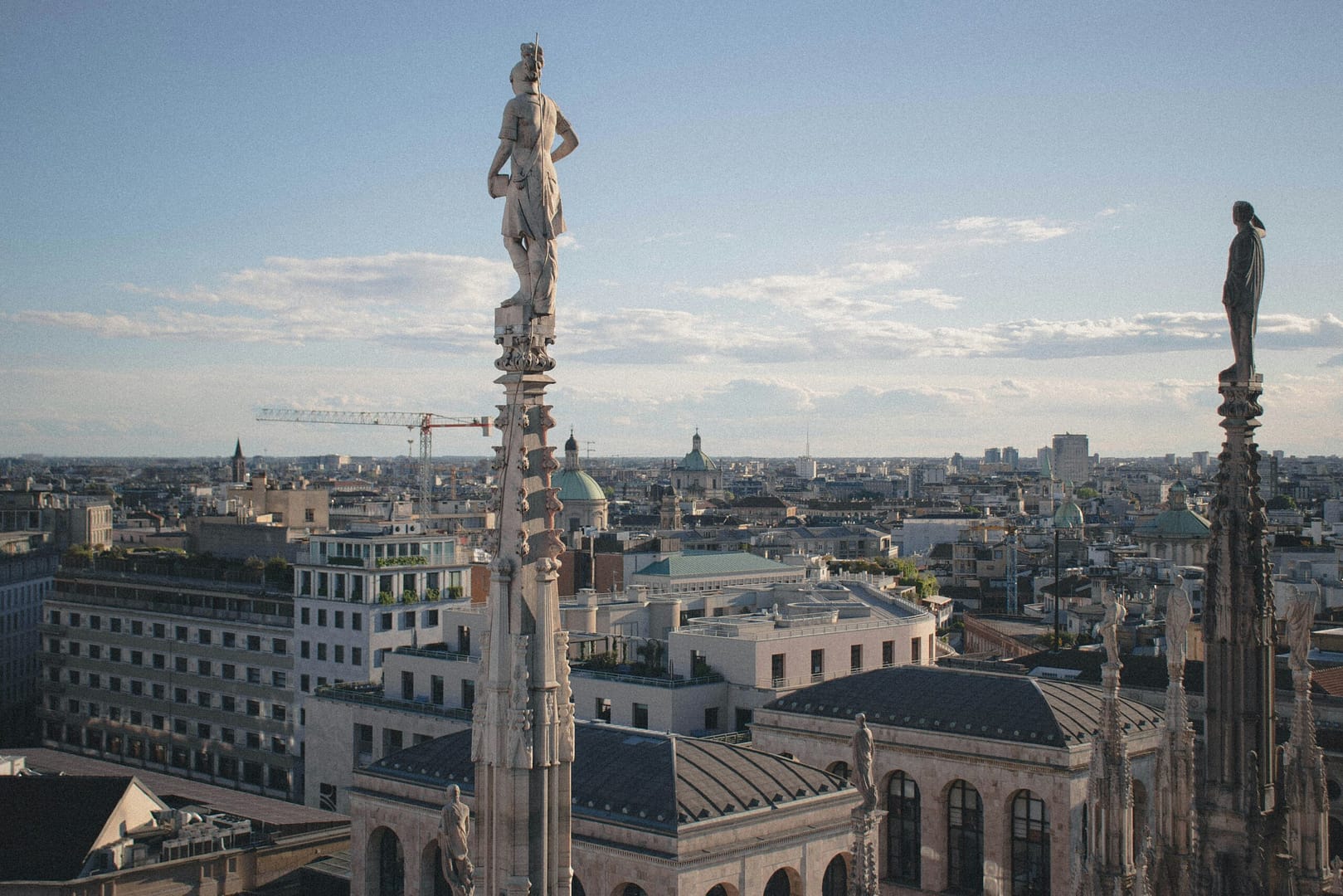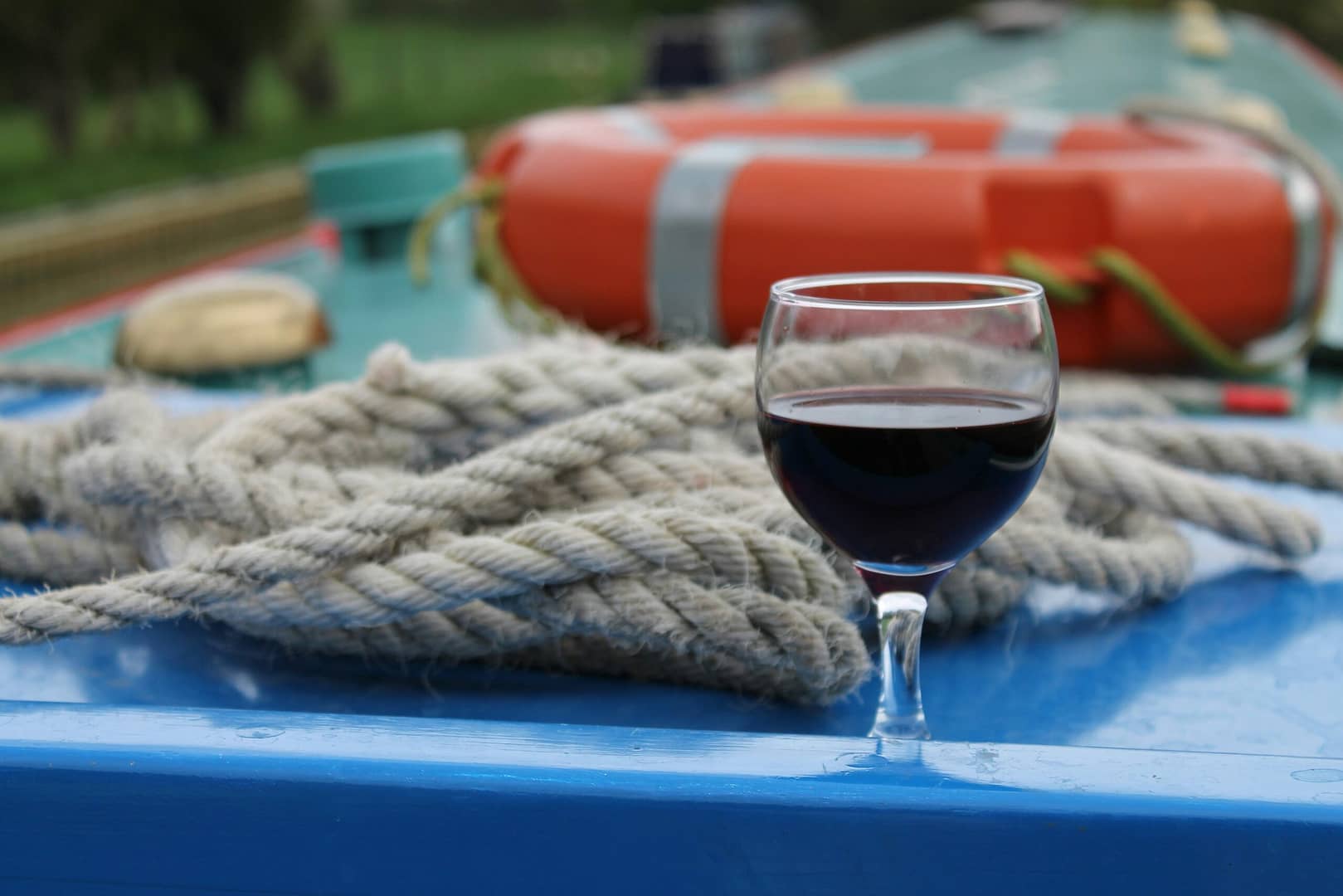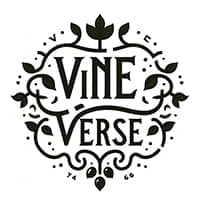Discover the ideal bourbon aging range according to top distillers and blenders in America. Learn how age affects flavor and quality.
Introduction
When it comes to bourbon, the question of age is as complex as it is intriguing. While technically, bourbon can be called such as soon as it touches new charred oak, the ideal aging period is a subject of passionate debate among whiskey connoisseurs. Many factors influence how long bourbon should be aged, including climate, barrel type, and consumer preferences. In this article, we delve into insights from nine prominent whiskey experts to understand their perspectives on the ideal age for bourbon.
Factors Influencing Bourbon Aging
Aging bourbon is not just about time; it’s a delicate balance of numerous factors:
- Mash Bill: The combination of grains used can significantly impact flavor.
- Barrel Source: Different wood types impart unique characteristics to the spirit.
- Aging Environment: Temperature fluctuations in warehouses affect maturation speed.
- Distillation Techniques: Variations in yeast strains and fermentation times also contribute to flavor profiles.
For instance, barrels aged in hotter climates like Texas might mature faster than those in cooler regions like New England. This variability leads to vastly different bourbons even from barrels aged side-by-side. The individual preferences of consumers have also evolved over the years, often favoring older bourbons with complex flavors and rich aromas.
Expert Opinions on Ideal Bourbon Age
We reached out to several leading figures in the whiskey industry for their thoughts on the optimal aging range for bourbon:

- Eddie Russell (Wild Turkey) suggests a preference for bourbons aged 10 to 14 years, claiming that this range offers a balance of elegance and oak notes.
- Bruce Russell (Wild Turkey) points out that for their products, an age range of 11 to 15 years provides a harmonious blend of sweetness and spice.
- Conor O’Driscoll (Heaven Hill) favors bourbons aged between 8 and 12 years, noting that while younger bourbons can be great, over-aging can lead to undesirable flavors.
These insights reveal that while there is no definitive answer, many experts believe that longer aging does not always equate to higher quality.
The Changing Landscape of Bourbon Preferences
Historically, conventional wisdom held that bourbon peaked at around 4 to 8 years of age. However, during the bourbon boom in recent decades, preferences have shifted significantly. Consumers now often seek out older expressions with price tags reflecting their rarity:
- The demand for aged bourbons has led brands with well-aged stocks to produce highly sought-after products.
- This trend raises questions about whether our taste preferences have genuinely changed or if it’s simply a case of one-upmanship among collectors and enthusiasts.
As brands adapt to market demands by releasing older bourbons, the perception of what constitutes quality continues to evolve. It’s essential to consider these shifts when exploring bourbon options on the market today.
Conclusion: Finding Your Perfect Bourbon Age
Determining the ideal age for bourbon involves much more than simply counting years spent in a barrel; it’s about understanding personal taste preferences and recognizing how various factors influence flavor development. As we’ve seen from expert opinions:
- Many professionals recommend ranges between 6 and 14 years, emphasizing that every distillery may yield different results based on their unique processes.
- Ultimately, finding your perfect bourbon might require tasting various ages until you discover which profile resonates best with your palate.
Whether you prefer younger bourbons bursting with fresh fruit notes or older ones exhibiting deeper oak characteristics, there’s no wrong choice—only what tastes best to you.

Photo by Rich @ rhubbardstockfootage on Unsplash
